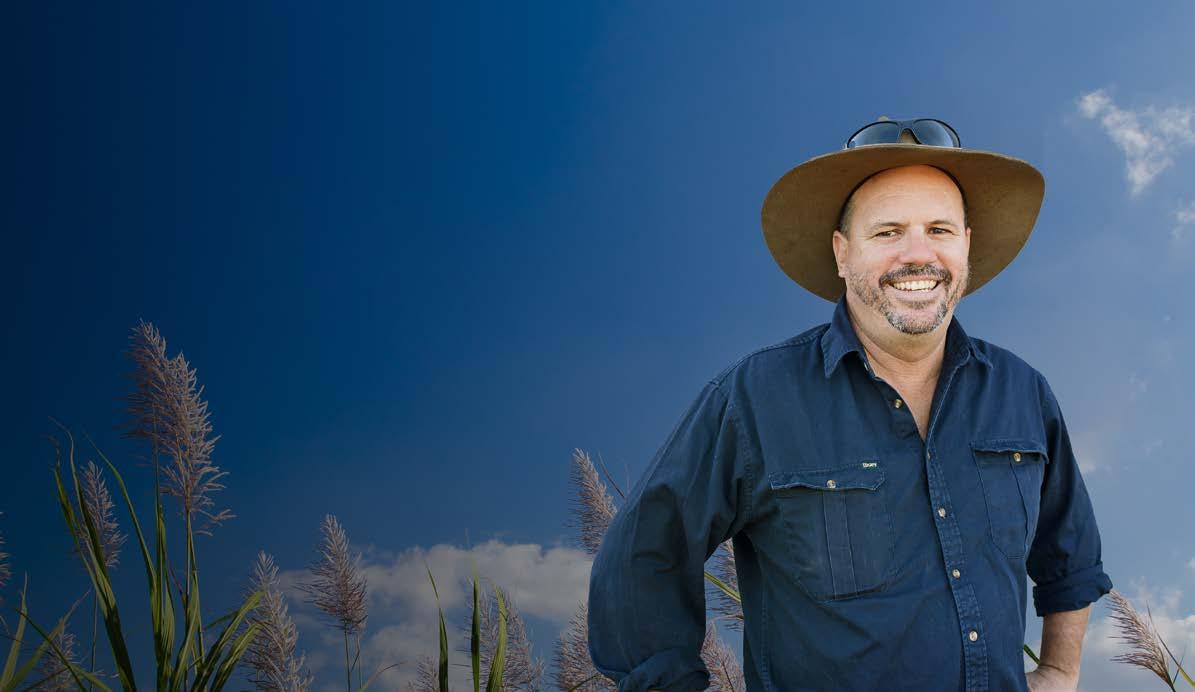
3 minute read
From the Chair
BY OWEN MENKENS,
Chairman, CANEGROWERS
As I write this column it is unfortunate to see yet another cyclone bearing down on the Queensland coast.
At this stage we are unsure where it will cross but as we saw from ex-Tropical Cyclone Jasper the damage can come not just from the wind but from the associated rain that comes with it.
CANEGROWERS CEO Dan Galligan and I witnessed first-hand some of the damage in the Cairns region, mother nature can be hard to fathom sometimes. The pressure on our Bureaus forecasters has never been more intense as we all seek to obtain certainty in what can be an unpredictable outcome.
Another issue that is currently concerning growers is the Federal Government’s snap decision last year to introduce a biosecurity levy on farmers. This decision was made without any consultation with our organisation or the National Farmers’ Federation (NFF).
The rushed nature of the implementation of the policy is self evident, as there has been no comprehensive plan communicated as to how they will implement this levy. Like all agricultural industries we already have a statutory levy in place in respect to Sugar Research Australia (SRA) with biosecurity one of SRA’s priorities.
To put it simply, this will be a tax on farmers to pay for what is essentially a government responsibility.
Given the difficulties of introducing the levy over the past year we are calling on the government to scrap the levy altogether. Biosecurity is a government responsibility, the same as defence and immigration. It is the government’s role to fund the control of pests and diseases not the farmers who are already at the front line of the impacts and costs of biosecurity incursions. Farmers already pay a levy to SRA and their local pest boards to manage pests in their own area. It is the Federal Government’s role to stop these incursions coming in from overseas.
CANEGROWERS, QFF and the NFF have been calling on successive State and Federal Government to increase funding to the biosecurity system for many years.
This funding should be contributed by those who import goods and food into the country, as that is where most of our risks come from. Instead, they have decided to tax the farmer. Perhaps worst of all we have no confidence that the funds from this tax will actually go to biosecurity related issues. The Federal Government at this stage has made no commitment as to the use of the funds and instead indicates the money will go into the government's general revenue—a literal black hole.
I call on both sides of politics to oppose this tax on farmers going forward. Biosecurity is a very important issue for our industry and therefore should not be used as a political football or to facilitate revenue raising. Our biosecurity systems needs more funding, but taxing farmers who already bear the risks of the failing systems is not a fair way of delivering a better system.






